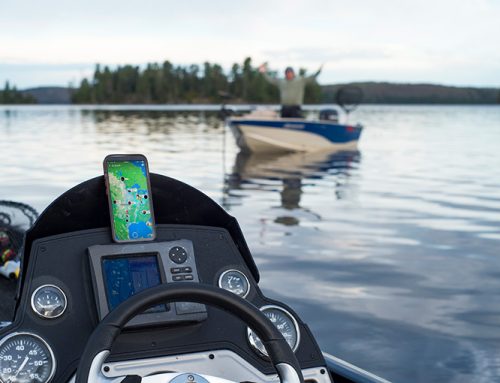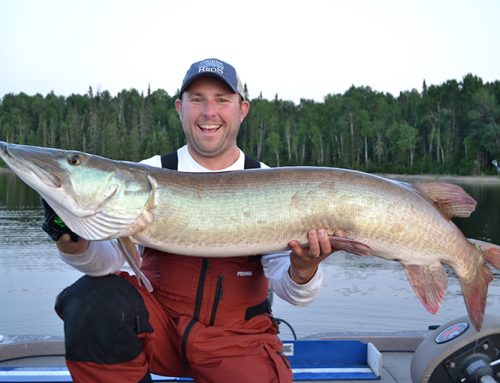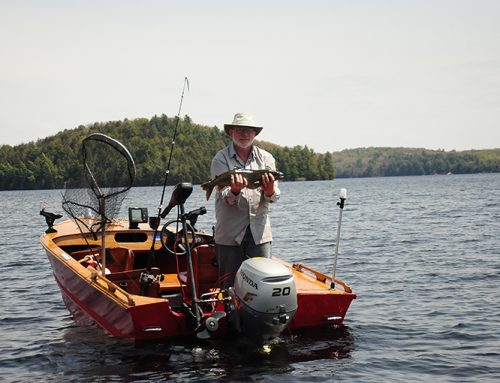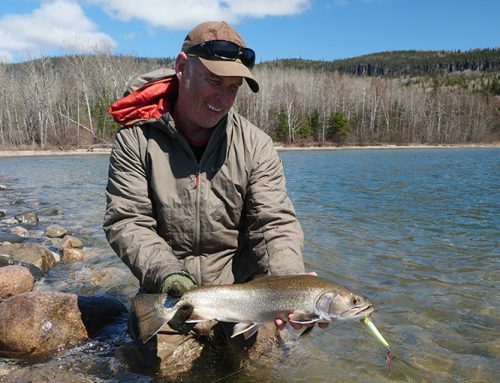This Saturday morning, like many anglers across central Ontario, I’ll be marking the opening of pike season.
While pike opener might not generate the level of anticipation walleye does, this species continues to grow in popularity as well as respect among anglers, young and seasoned.
Scientifically known as esox lucius, this top-notch predator has everything going for it as a sport fish: they can grow to impressive sizes (the Ontario record is 42.12 pounds), and they’re found throughout the province. Their adaptive camouflage and keen eyesight aren’t the only things that keep pike ahead of the game; they often spawn before ice-out, giving their young the ultimate advantage over newcomers to the aquatic kingdom.
With arm-jarring hits in deep-water basins or explosive attacks while sight fishing in the shallows, pike have a way of making you feel unprepared.
Similar in form to their muskie cousins, but typically open far earlier in the season, pike give anglers a jump-start on some great game fishing. They’re also notorious for their aggressive “bite now, ask questions later” attitude, a characteristic that makes them an incredibly entertaining and memorable catch.
Whether you’re fly fishing or using conventional tackle, pike do not discriminate. With arm-jarring hits in deep-water basins or explosive attacks while sight fishing in the shallows, pike have a way of making you feel unprepared. This sort of excitement only adds to their value as sport fish.
With open-water seasons across the province ramping up, don’t miss out on one of Ontario’s top predators.
Before you head out, take a look at the current fishing regulations for your area and those you may be visiting.
For a first-hand account of some classic pike fishing action, check out Gord Ellis’ latest blog.







I tend to disagree. The larger pike can often be quite picky about what they eat, especially if the lake – river has a lot of bait.